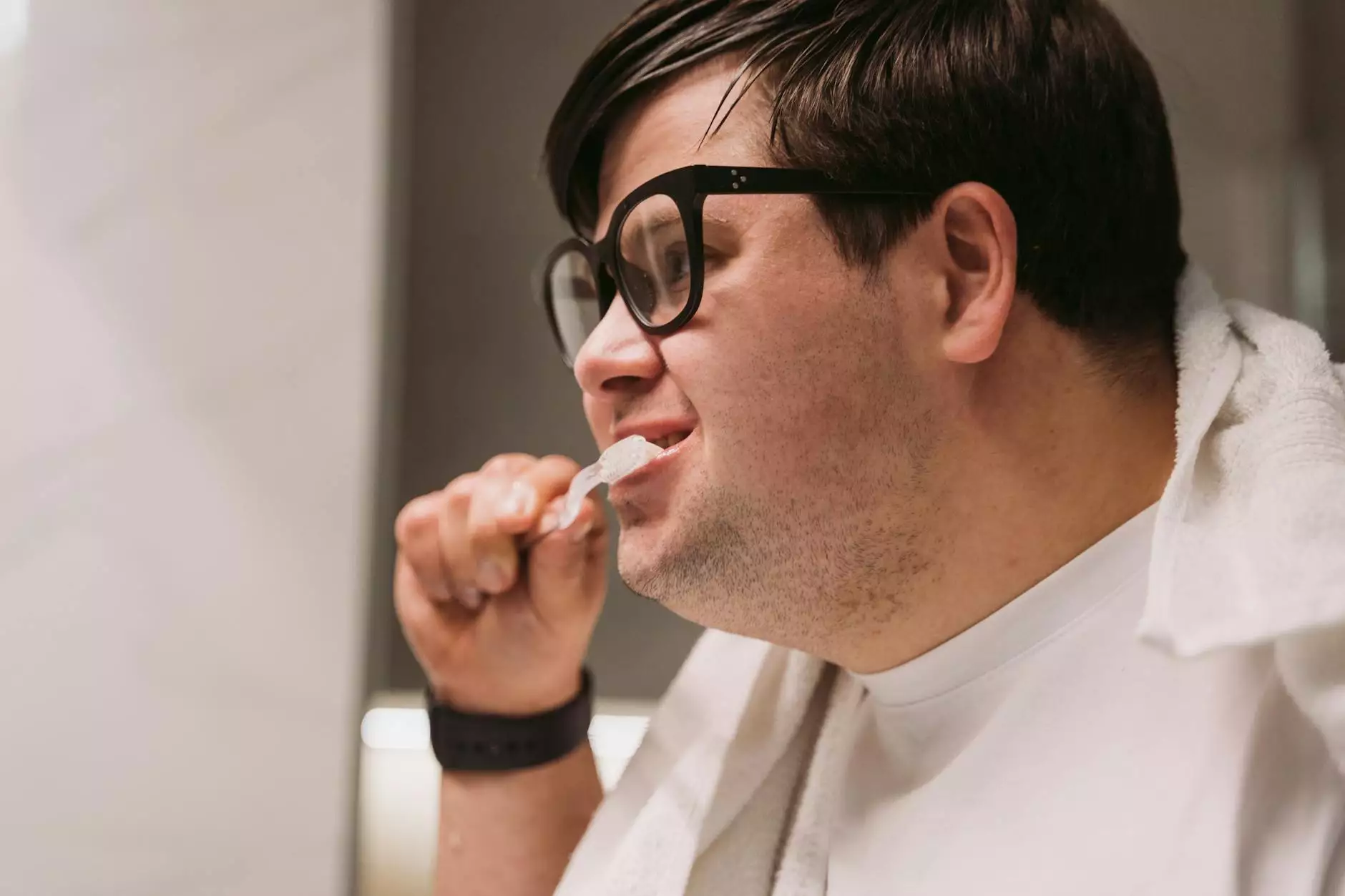Understanding the Least Abrasive Toothpaste: A Guide for Dental Health

Brushing your teeth is a cornerstone of oral hygiene, yet not all toothpaste is created equally. One of the most important factors to consider when choosing a toothpaste is its abrasiveness. Many people ask, “What is the least abrasive toothpaste?” This article aims to provide an in-depth look at this question and guide you through the selection of the best toothpaste options available. We will also explore the significance of toothpaste abrasiveness in relation to other dental care practices, especially within the realms of General Dentistry, Dentists, and Cosmetic Dentists.
Understanding Toothpaste Abrasiveness
Toothpaste abrasiveness refers to the ability of the toothpaste to mechanically clean the teeth. Abrasives in toothpaste help to remove plaque and surface stains from teeth. However, not all abrasives are created equal, and excessive use of highly abrasive toothpaste can lead to tooth enamel erosion and increased dental sensitivity. This leads many patients to seek out options that are effective yet gentle on their teeth.
What Does the Science Say? Tooth Abrasiveness Ratings
The Relative Dentin Abrasivity (RDA) scale is one of the most widely used measurements for evaluating toothpaste abrasiveness. The American Dental Association (ADA) recommends that toothpaste has an RDA value of under 250. Here’s what the scale represents:
- Low Abrasivity (RDA 0-50): These toothpastes are gentle on teeth and are recommended for people with sensitive teeth.
- Moderate Abrasivity (RDA 51-100): Suitable for most people and effective in maintaining oral health.
- High Abrasivity (RDA 101-250): These can effectively remove tough stains but are not recommended for daily use due to the risk of enamel wear.
When considering what is the least abrasive toothpaste, it’s crucial to look for products with a low RDA value. Generally, toothpaste that is specifically formulated for sensitive teeth tends to be less abrasive, ensuring thorough cleaning without compromising tooth enamel.
Top Factors to Consider When Choosing Less Abrasive Toothpaste
When trying to answer the question, “What is the least abrasive toothpaste?”, here are several factors you should consider:
- Abrasion Level (RDA): Choose toothpaste with an RDA of less than 50 for maximum enamel protection.
- Fluoride Content: Ensure the toothpaste contains fluoride as it helps strengthen enamel and reduce cavities.
- Specialty Formulations: Consider toothpastes that are marked as “sensitive” or “for enamel protection” since they are often less abrasive.
- Ingredients: Look for natural ingredients that provide effective cleaning without harsh abrasives.
Recommendations for the Least Abrasive Toothpaste
Here are some of the top contenders in the market known for their low abrasiveness:
- Colgate Sensitive Pro-Relief: With an RDA of around 40, this toothpaste helps relieve sensitivity while protecting enamel.
- Sensodyne Pronamel: Designed specifically for protecting enamel, it has an RDA under 60, making it a safe choice for daily use.
- Tom’s of Maine Natural Toothpaste: A holistic option that provides gentle cleaning without harsh chemicals or abrasives.
- Arm & Hammer Sensitive Teeth & Gums: Using baking soda, this toothpaste is gentle on enamel and has a relative low RDA.
Importance of Non-Abrasive Toothpaste in General Dentistry
In the realm of General Dentistry, the choice of toothpaste plays a significant role in preventive care. Non-abrasive toothpaste is vital for:
- Minimizing Enamel Erosion: Regular use of abrasive toothpaste can wear down enamel, leading to cavities and decay.
- Managing Sensitivity: Non-abrasive products are less likely to trigger sensitivity, providing comfort to those who suffer from it.
- Contributing to Long-Term Oral Health: Opting for a gentle cleaner supports overall oral hygiene without damaging teeth.
The Role of Cosmetic Dentists
In the field of Cosmetic Dentists, choosing the right toothpaste is equally crucial. Patients often seek cosmetic procedures to enhance their smiles, and maintaining oral health is integral to achieving lasting results. It is essential to understand that:
- Stain Removal: Although some patients desire whiter teeth, it is vital to use non-abrasive toothpaste that can aid in stain removal without risking enamel damage.
- Preventing Tooth Damage: Gentle toothpaste options help maintain the integrity of any cosmetic work, such as veneers or whitening procedures.
- Educating Patients: Dentists often guide patients about appropriately selecting toothpaste to align with their cosmetic goals.
Brushing Techniques and Their Impact on Dental Health
Using a gentle toothpaste is just one aspect of effective oral care; how you brush also matters. Here are some recommended techniques:
- Use a Soft-Bristled Toothbrush: This minimizes the risk of wear and is soft on sensitive gums.
- Adopt Proper Technique: Employ a gentle circular motion rather than aggressive back-and-forth brushing to reduce abrasiveness.
- Limit Brushing Time: Aim for about two minutes of brushing, ensuring that you don’t over-brush sensitive areas.
Alternatives to Conventional Toothpaste
For those who are especially sensitive to abrasives, consider these alternatives to traditional toothpaste:
- Baking Soda: A natural alternative that gently cleans teeth and whitens without abrasiveness.
- Coconut Oil Pulling: An ancient technique that may help remove bacteria and promote a healthy mouth without abrasives.
- Charcoal Toothpaste: While controversial, some formulations are gentle and meant to brighten teeth without harsh abrasives.
Conclusion: Making Informed Choices for Your Dental Health
Choosing the right toothpaste is a fundamental aspect of maintaining a healthy smile. Answering the question, "What is the least abrasive toothpaste?", involves understanding the importance of RDA values, recognizing the role of gentle ingredients, and considering your individual dental needs. By selecting a toothpaste that aligns with these factors, you ensure the best care for your teeth and gums.
As you embark on your journey to dental health, remember that consulting with a professional can provide personalized recommendations. Your Bellevue Dentist is dedicated to helping you achieve your best smile through tailored advice on not just toothpaste, but your entire dental care routine.



